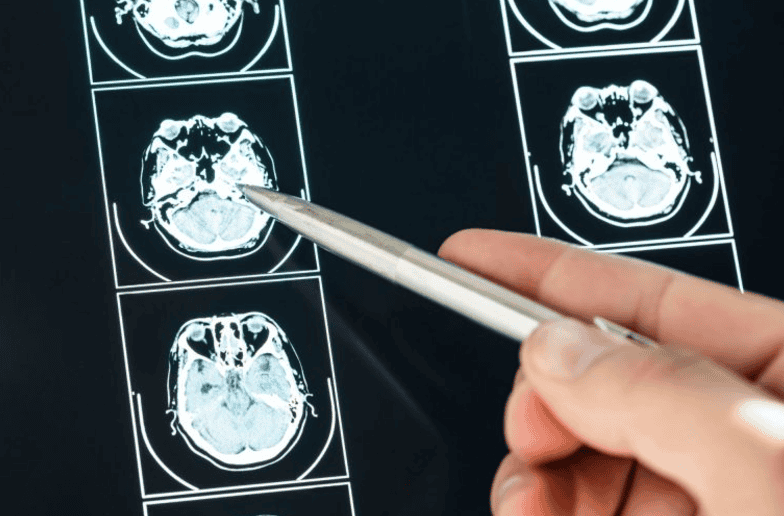Concussions are very common yet misunderstood. In the United States, approximately 2.5 million people visit the emergency room every year because of concussions.
Concussions can affect people of any age, from workers to drivers and the elderly. People who have suffered this injury because of the negligence of another party should seek the help of concussion injury lawyers to pursue compensation.
Keep reading to learn everything important you should know about concussions, including long-term consequences.
What Is a Concussion?
A concussion is an injury caused by the sudden movement of your brain. When your brain twists or jolts inside the skull, it could create chemical changes or stretch brain cells that temporarily disrupt normal functioning.
Although concussions are termed mild, they could result in serious consequences if left untreated. Most concussions are caused by:
- Sports such as a direct hit to the head or body impacts that affect the head
- Slips and falls
- Car collisions result in whiplash from sudden and forceful neck movements
- Physical violence like fights
It is important to note that not all concussions are from a sudden blow to the head. Any jolt that shakes the brain can lead to one.

Signs and Symptoms of a Concussion
Noticing the signs of a concussion early enough is essential to getting proper medical care at the right time.
You have probably heard someone talk about seeing stars or feeling dizzy after hitting their head. These are just a few symptoms, but we can classify the signs of a concussion into physical, cognitive, and psychological.
Physical Symptoms
These include headaches, nausea, sensitivity to light or noise, and balance problems. Some people also report feeling fatigued and having blurry visions.
Cognitive Symptoms
These affect how your brain works. Symptoms include:
- Confusion
- Memory loss, especially around the time of the injury
- Difficulty concentrating
- Feeling foggy or mentally slowed down
Since your brain controls sleep cycles, people suffering from concussions can have difficulty falling asleep and tend to sleep more or less than usual.
Emotional Symptoms
Concussions can affect a person’s mood and behavior. You may end up feeling highly irritable, have increased anxiety, or have frequent mood swings.
These symptoms can appear immediately or even days later after an injury. After an injury to the head, your brain typically tells the rest of the body to slow down, thus leading to most of these signs.
Diagnosis, Treatment, and Recovery of Concussions
Concussions are diagnosed by a physical examination and symptoms reviewed by a healthcare provider. They may ask questions to determine the effects of the injury. In severe cases, CT scans and MRIs can be used to rule out the possibility of more serious consequences.
Rest is the primary treatment for concussions. After an injury, patients are urged to take a break from physically and mentally strenuous activities to allow the brain to heal. Prolonged electronic use and high-risk activities like playing sports can worsen the injury.
The recovery period can vary from one person to another. For some, it can take a week, while others take over a month. People with previous concussions may need a longer recovery duration. In some cases, you may experience Post-Concussion Syndrome (PCS), where symptoms last longer than expected.
Other rare complications from concussions include:
- Bleeding and swelling of the brain
- Your brain shifts from the center of the skull
- Skull fractures
Overall, patience is important to make a full recovery.

It’s Worth to Know About Concussions
Even though concussions are pretty common, it is essential to take them seriously as they could result in long-term complications. By knowing the physical, emotional, and cognitive symptoms, victims can get a quick diagnosis and treatment. Remember, the symptoms can vary, and some take longer to appear than others.


